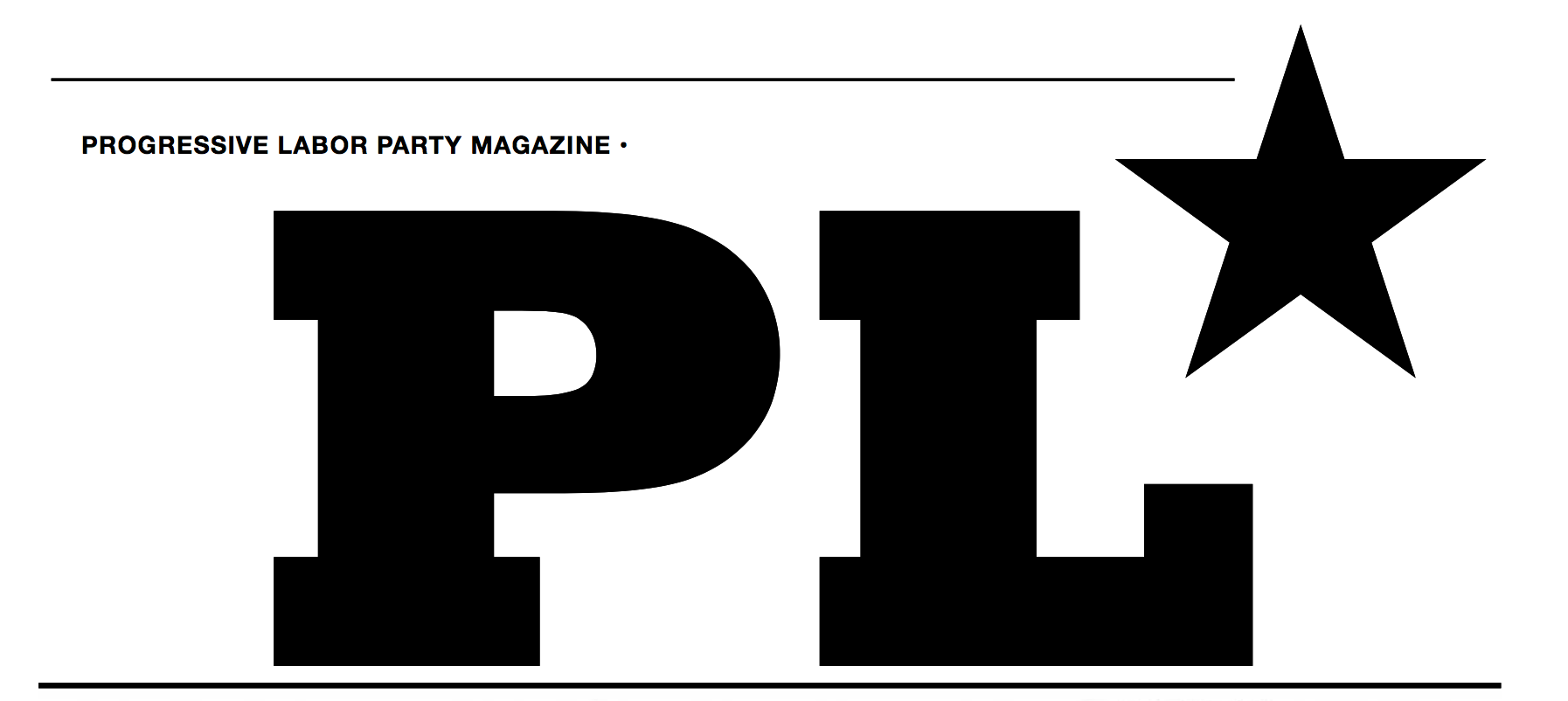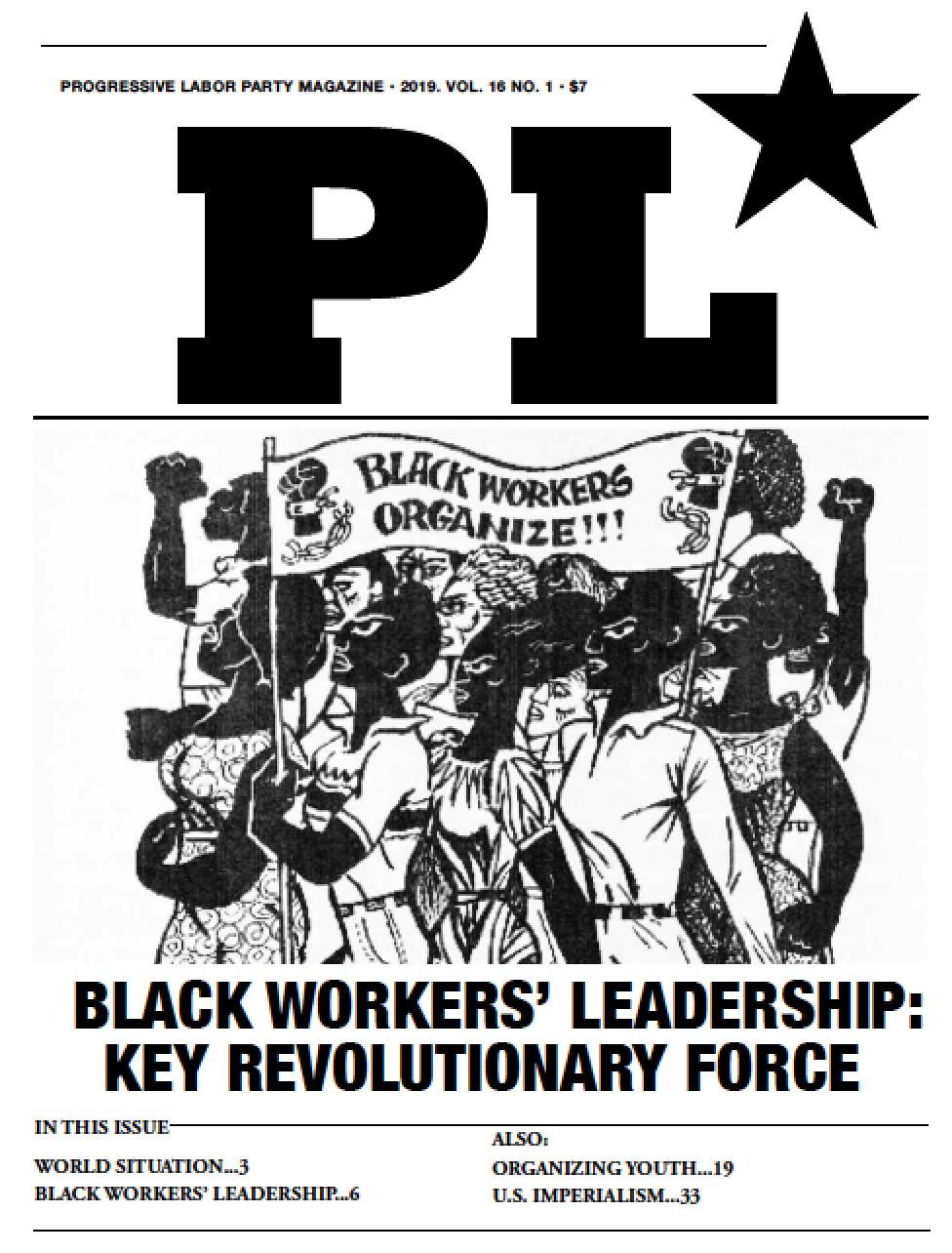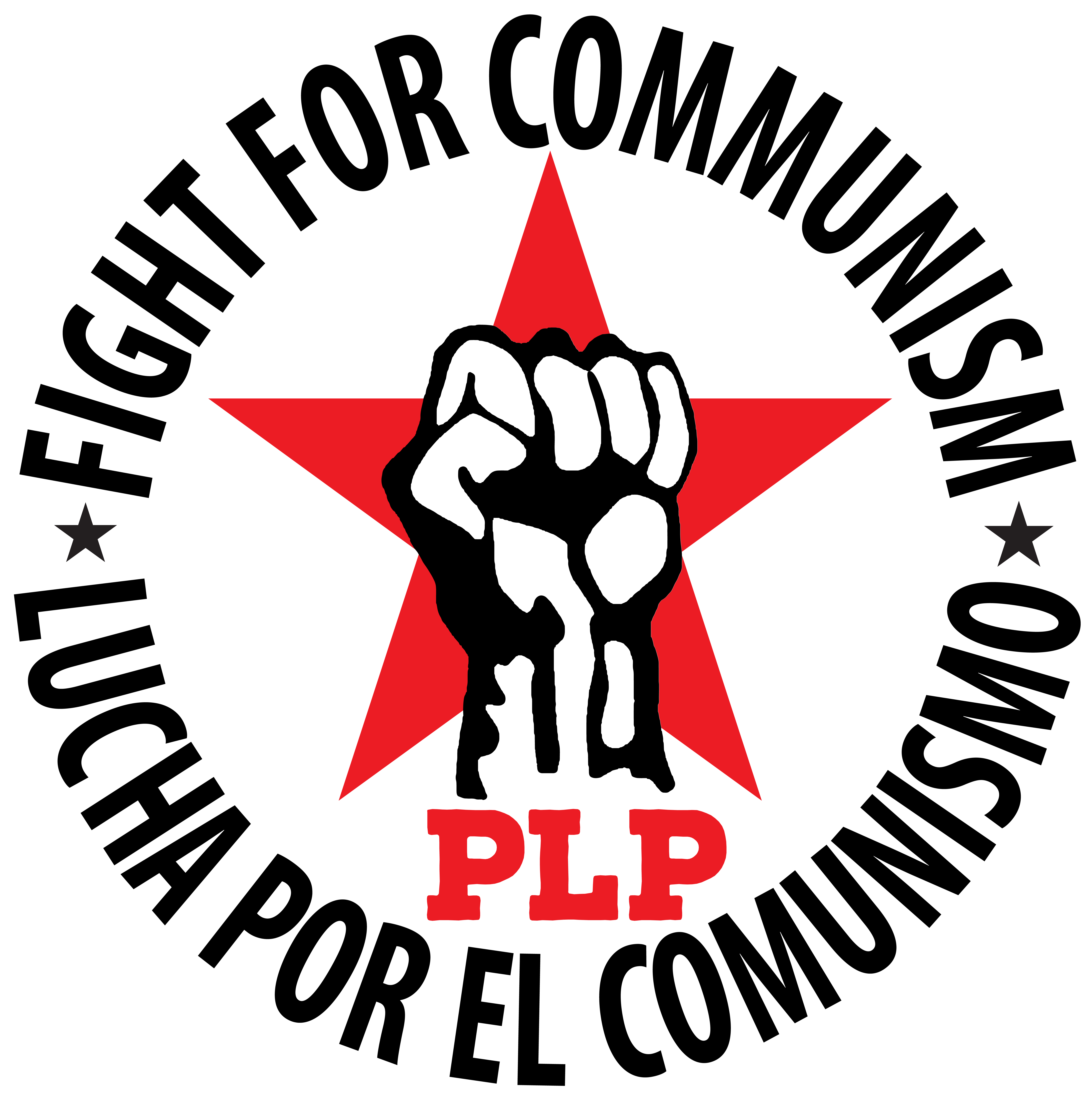Richard Wright Review Study Communist History, Organize the Masses
 Friday, February 12, 2016 at 12:05PM
Friday, February 12, 2016 at 12:05PM  Richard Wright was a famous anti-racist Black writer in the United States during the mid-20th century. While the ruling class portrays him as an anti-communist from the get-go, Byline Richard Wright: Articles from the Daily Worker and New Masses (2015), compiled by Earle V. Bryant, reveals Wright’s enthusiasm for the U.S. and international communist movement in the 1930s. By reading this collection, we can gain historical insights on how to organize among masses of workers.
Richard Wright was a famous anti-racist Black writer in the United States during the mid-20th century. While the ruling class portrays him as an anti-communist from the get-go, Byline Richard Wright: Articles from the Daily Worker and New Masses (2015), compiled by Earle V. Bryant, reveals Wright’s enthusiasm for the U.S. and international communist movement in the 1930s. By reading this collection, we can gain historical insights on how to organize among masses of workers.
Best known as the author of Native Son (1940) and Black Boy (1945), Wright was Harlem chief for the Daily Worker—the newspaper of the Communist Party USA (CPUSA)—for six months in 1937. He wrote more than two hundred news stories, along with several pieces published in the New Masses, the CPUSA’s cultural magazine. A large sampling of these writings are gathered in Byline Richard Wright.
The collection sheds valuable light on political organizing during the high point of the CPUSA’s leadership in the class struggle:
- “The Shame Spot of New York” focuses on rent strikes, demonstrations for lower prices, and protests against denial of medical care and police brutality. Many of these actions were spearheaded by women.
- “The Winds of War” documents support in Harlem for the Spanish Loyalists and Chinese anti-fascists.
- “Heroes Sung and Unsung” describes Harlem’s memorials for William Campbell, a white truck driver who lost his life saving Black children from a tenement fire.
- “Art for Life’s Sake” details the emergence of a revolutionary culture around the defense of the Scottsboro Boys, the reception of radical blues artist Lead Belly, and the short-lived literary magazine, New Challenge.
A study of the anti-racist history of the U.S. is important for communists in the current period. It helps to develop leaders who are in touch with the masses and fight for principled politics, in the interest of the whole working class.
Wright No Anti-Communist Skeptic
While literary historians have stressed Wright’s break from communism, his enthusiasm for the achievements of the CP-led mass movement is stunningly apparent here. For example, in an August 1937 piece titled “What Happens at a Communist Party Branch Meeting in the Harlem Section,” Wright alludes to how the Soviet Union is “building Socialism”; details egalitarian interactions between women and men, Black and white; and concludes that “for the first time in American history the Negro is receiving his [sic] highest possible pitch of social consciousness [through]…education from the vanguard of the working class, the Communist Party.”
In Harlem’s reaction to the victory of Joe Louis, a black U.S. boxer, over Nazi Germany’s Max Schmeling, Wright discerns “the secret dynamics of proletarian aspiration. . . . They wanted to feel that the world was theirs as much as anybody else’s. . . . They wanted to own things in common and do things in common.”
These are not the words of an anti-communist skeptic.
Besides detailing rank-and-file CP activity, Byline Richard Wright reveals the significant influence of the CP within the broader antifascist workers’ movement of the time, known as the Popular Front. The names in Wright’s reportage are an honor roll of anti-racist fighters from the time: Benjamin Davis, Angelo Herndon, Adam Clayton Powell, Sr., “Queen Mother” Audley Moore, Louise Patterson, Richard B. Moore, Thyra Edwards, Harry Haywood, Langston Hughes, Max Yergan, A. Philip Randolph, and—yes—even Thurgood Marshall, who subsequently would become the first Black U.S. Supreme Court justice.
While a number of these figures would later pull back from their communist affiliations, and the Popular Front involved the CP in problematic cross-class alliances, Wright’s writings reveal the other side of this contradiction: Leftist politics guided many aspects of the mass movement.
Lessons from Old Movement
The CP’s turn towards reformism (e.g., its support for Roosevelt’s New Deal and the Jim Crow Army) alienated Wright and others, and initially led them to criticize the CP from the left. Under pressure from the CIA and FBI, Wright later cut himself off from the communist movement. But Bryant’s compilation contradicts the anti-communist lie he was fooled into or financially forced into being a communist.
PLP has consistently attacked the CP for selling out the workers and siding with liberal bosses. We organize directly for communism, relying only on the working class (not “lesser-evil” politicians). We understand that fighting racism is essential to defeating the profit system. These differences from the old communist movement have enabled us to grow internationally and win many workers to a communist outlook.
Times were very hard in the Harlem of Wright’s day. But Byline Richard Wright reveals that thousands of class-conscious anti-racists, both Party members and rank-and-file activists, threw themselves into organizing efforts guided by the vision of a better world. Although circumstances have changed, PLP members working in mass organizations today can gain both guidance and inspiration from studying the achievements of the 1930s.





 Progressive Labor Party (PLP) fights to destroy capitalism and the dictatorship of the capitalist class. We organize workers, soldiers and youth into a revolutionary movement for communism.
Progressive Labor Party (PLP) fights to destroy capitalism and the dictatorship of the capitalist class. We organize workers, soldiers and youth into a revolutionary movement for communism.




Reader Comments